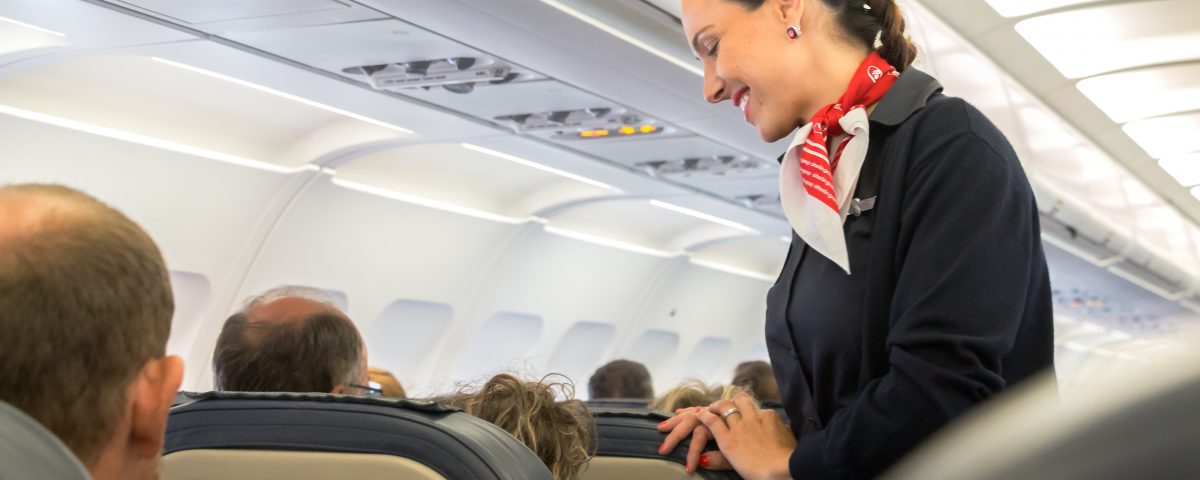Duterte’s ‘shoot-them-all’ approach to Covid-19 threatens his legacy as poor suffer in the Philippines
6 May 2020
OTT TV崛起 傳媒生態大變 (Chinese Version Only)
21 May 2020情緒勞動易生問題 切勿忽視 (Chinese version only)

Interviewee: Dr HSIEH Chih-wei (Department of Public and International Affairs) Media: Ming Pao Publishing Date: 7 May 2020
「情緒勞動」(Emotional Labour)的概念,最早由美國社會學家Arlie Russell Hochschild於1983年提出。香港城市大學人文社會科學院公共及國際事務學系助理教授謝智偉博士解釋,情緒勞動指員工需因應工作要求,在提供服務時作出情緒管理的行為,當中包含消極與積極的態度,前者要求服務提供者面對客戶時,隱藏或壓抑不合宜的情緒;後者是作出適合工作需要的情緒表現,例如空中服務員要保持笑容、站姿端莊等。
按此瀏覽完整報導。

